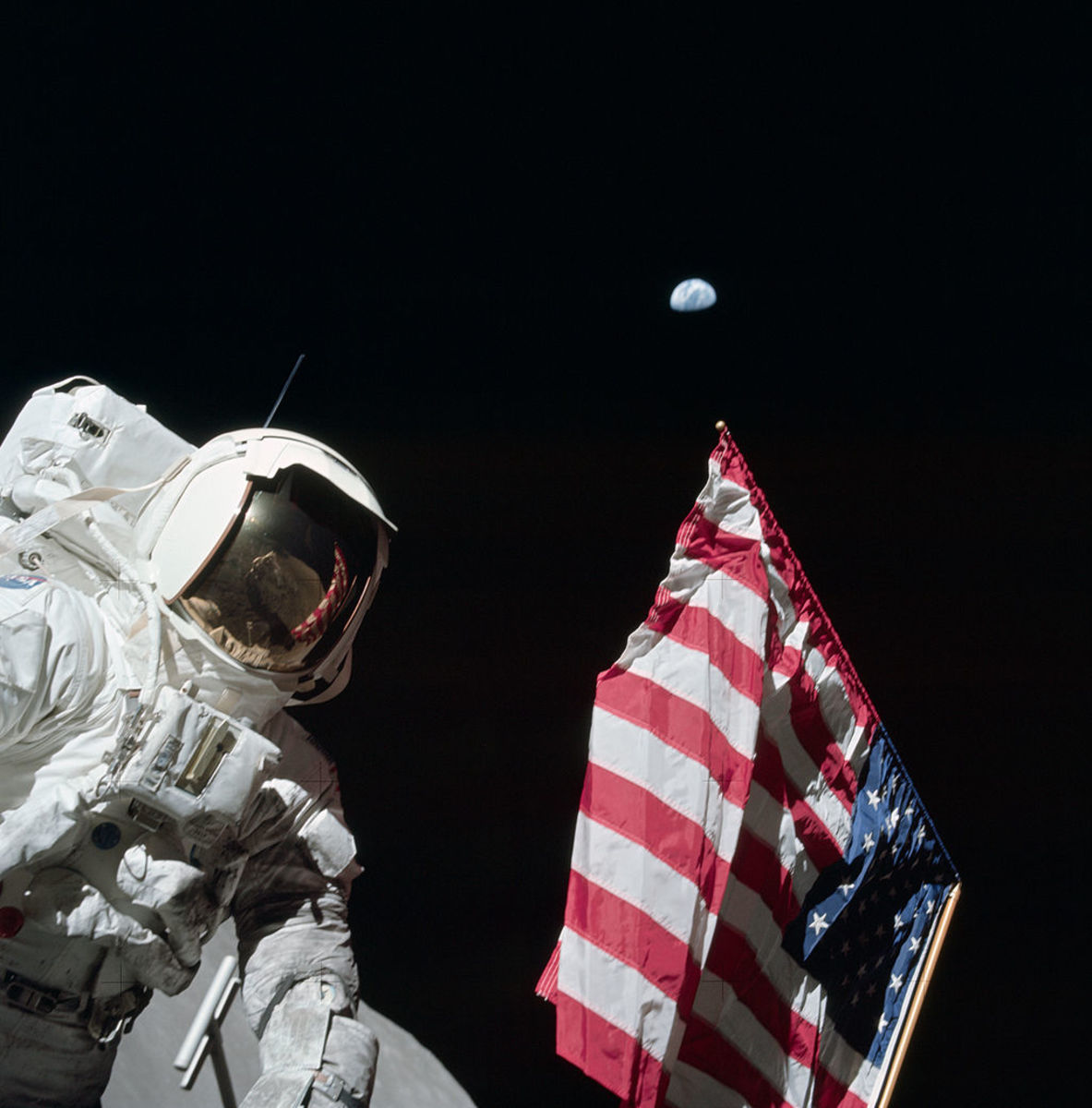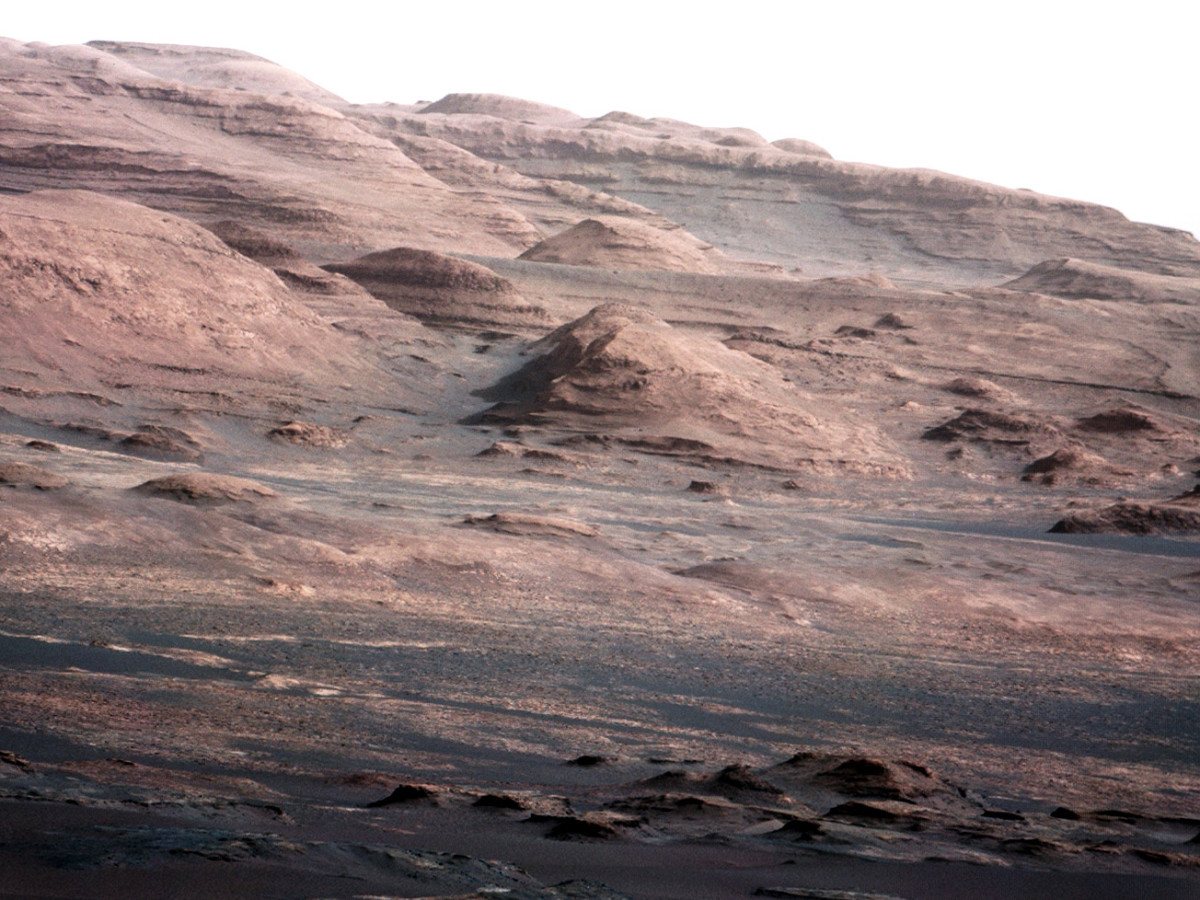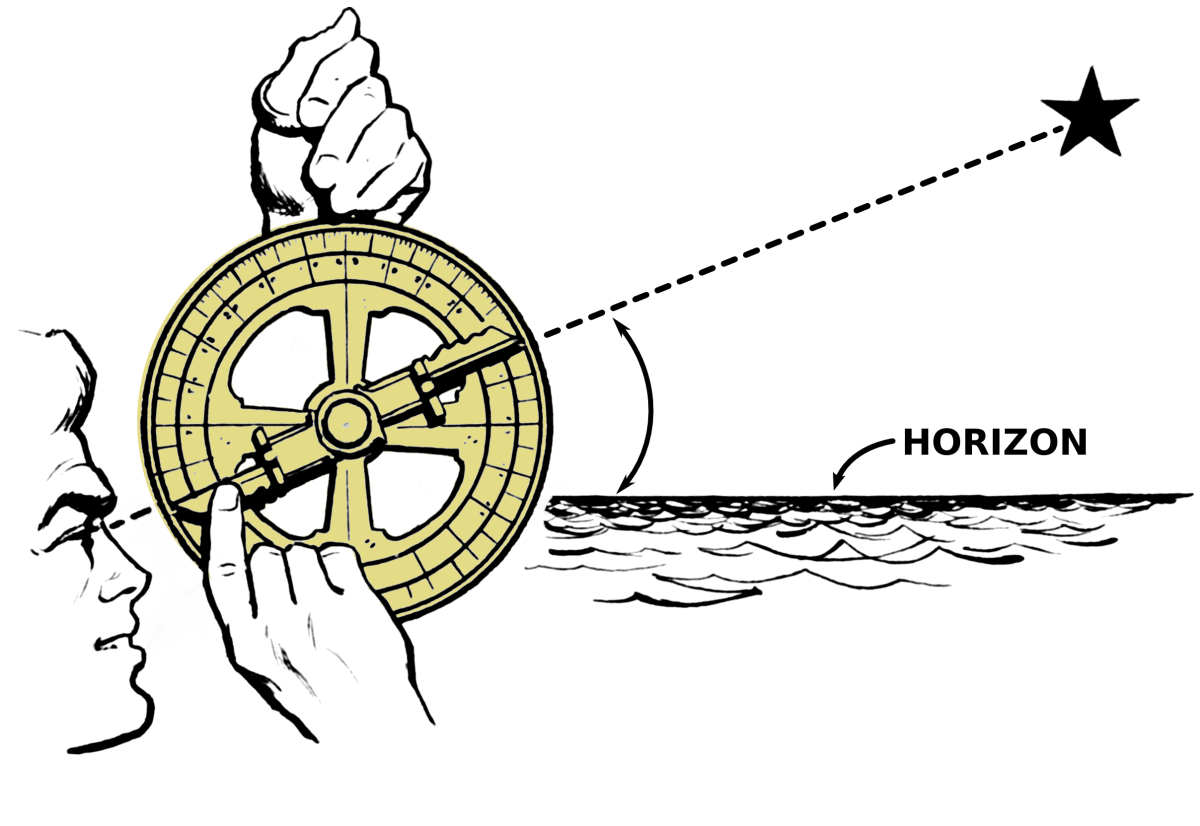How Capitalism is Impeding Mankind's Progression Into Space

Investment in space exploration would solve most of the world's problems. New resources to increase the world's wealth, colonization to reduce overpopulation, and restored hope in the leaders' abilities to advance their people, exploring the cosmos has financial, historical, and environmental benefits to our species, yet governments refuse to fund another trip to the Moon or send men to Mars. In a world where money drives politicians over altruism, the bottom dollar is the new determinant for what weighs the most on everyone's minds. A community-based society transformed into a capitalist-centralized system. If something doesn't produce profit, or is seen as having more risk than reward,it's abandoned, despite how beneficial it could be or is. The Space Program, the greatest light of possibility concerning the advancement of the human race, fell into priorities low on the economic-political community's list, a mistake the world cannot afford to ignore.

The Degeneration of the Community-Centric Business Model
The initial purpose of business was to add financial enrichment to a community, and as a result a greater health for the nation, which contrasts the current, more widely accepted model. Before the need for international expansion denigrated the old model, a single business hired those from a community, those people purchased products from that area, fueling local taxes, enabling the local government to better support its citizens. Repeat the traditional model across the nation, and one will create a nation of prosperity and balance. The current model sacrifices financial patriotism and health for individual gain. Prices are raised to compete with increases in wages, American companies place factories in foreign countries to use their cheaper workforce. The modern system eliminating innovation and advancement for profit represents the sin of its mentality. A system to mass produce electric cars stagnates from the will of oil tycoons, medicines now have less concentrations of pain relievers to reduce costs, and humanity's advancement into space has been delayed and scrapped for money.
The Fall of Apollo and Mars Direct
Dr. Robert Zubrin, a strong proponent of sending humans to Mars, faced surmounting opposition to his plans, despite welcoming jubilation from the astronomical community. He conquered his first obstacle by reducing the cost for the trip from 450 billion dollars to 55 billion with his Mars Direct program. Afterward, the plan received standing ovations from NASA, the sole exception those in charge of the International Space Station. Since the new plan excluded the Space Station, and therefore excluded them from the 55 billion, they picked the plan apart, delaying it. “Since Mars Direct didn't need their programs, they felt under threat. As quickly as doors opened for Zubrin and Baker, they began to close” (The Secret Story of Planet Mars – Documentary 2014). The fear of losing funding further delayed NASA's plans for space exploration. After the cancellations of Apollo 18 – 20, NASA's employees split their bigger, grander projects into smaller, safer ones. As David Baker, the partner of Robert Zubrin, stated, “I think the Apollo cancellation was very traumatic for NASA and it really transformed NASA from what it was in the sixties to what it is now. If you have a singular program like going to Mars then it is very vulnerable to having its funding pulled” (The Secret Story of Planet Mars – Documentary 2014). The new delineation of projects lessened the likelihood a project would lose its funding, yet diminished the chances of more ambitious undertakings, such as sending men to the Moon or Mars. At NASA's days of apex in the 60s, children wanted to become astronauts, dreamed of discovering new frontiers and possibilities outside Earth's gravity. With economic health the sole focus of the world, business and entertainment, the two quickest means to acquire wealth, are the new focal point, diminishing humanity's expansion and evolution.
Riding the Wave of Change
The implementation of several solutions could end the freeze of mankind's progression. The first would be an upheaval of change in the world's, or at least NASA's, money-centric mentality. The potential of space travel and colonization would have to outweigh the risks, costs and possible net loss. Such a change would need a charismatic individual or group capable of revitalizing the world's interests, years or decades of advancement in technologies until the risks and costs are admissible, or a time when the Earth is on the brink of annihilation. Such solutions can be seen as idealistic, the last solution too reactive and apathetic to humanity's condition. Taking into account the business-social model dominating the world, the most practical, current day solution would be to convince the ones writing the checks the lucrative value of advancing the Space Program. If a business model is introduced that shows more financial gain than loss, if one desiring space exploration could speak the language of the business world to sell their idea, then the Space Program would receive due support in surplus. A final option would be for a private company, or a chain of companies, to fund private ventures into space. Unfortunately, one wonders whether any country would allow a business entity to take such lucrative steps above its country.

What We Stand to Gain, And To Lose
Insurmountable gains would be achieved by investing in space exploration. In 2004, a planet made of diamond was discovered (http://www.cbsnews.com/news/astronomers-spot-diamond-planet/); a method was developed for turning Mars's atmosphere into methane-oxygen fuel. Planets have troves of nonrenewable minerals and metals buried beneath their mantles. The resources available beyond our blue sphere remain untapped, ready to enrich the global economy and people's lives. New opportunities would arise from the new jobs available, creating a wave of workers to settle the new worlds. Overpopulation of Earth would diminish. We would learn how life develops on other worlds, and have physical, as opposed to model, evidence revealing how Earth differs from other planets. The knowledge gained in the sciences and the history of our universe would be immeasurable.
We risk to lose everything by remaining complacent under our blue skies. The gold bars, silver, and diamonds our green backs symbolize will eventually run dry, placing caps on the wealth of the world. As a boat starving in the sea of the cosmos, Earth's human population will one day surpass what its resources can support, leading to worldwide famine and water rationing. Our understanding of the universe will be limited to mathematical and theoretical models, which will place limitations on humanity's understanding of the natural world. The greatest loss, however, cannot be measured in dollars and cents: The death of the pioneer spirit. The global community will continue down an abysmal domino effect as complacency weighs-down our courage to explore new frontiers. The same spirit that advanced the world's great nations will not grow, but will allow greed, corruption, and stagnation to stifle like a pestilence, until the entire world becomes indistinguishable from a Third World country.
Works Cited
Works Cited:
The Secret Story of Planet Mars – Documentary 2014. 22 June 2014. Dir and prod., Scott J. Gill. Joshua B. Dasal. 25 January 2015. https://www.youtube.com/watch?v=Zw2fycH-Avc
“Astronomers stop 'Diamond Planet.'” 14 October 2012. CBS News. Accessed on 25 January 2015. http://www.cbsnews.com/news/astronomers-spot-diamond-planet/








